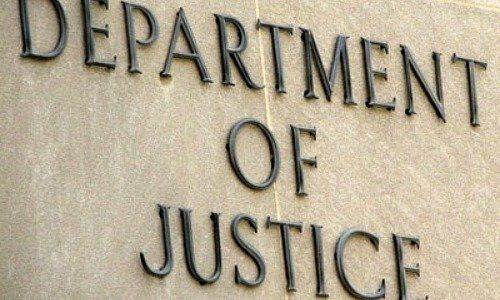The dispute about untaxed assets with the U.S. judiciary is nearing its end: one of the last remaining banks has now reached an agreement, leaving five companies to yet close this chapter.
Bank Mizrahi-Tefahot, an Israel-based institute, has reached a so-called deferred prosecution agreement (DPA) with the Department of Justice (DoJ). The company, which used the Swiss unit Mizrahi Bank (Switzerland) to hide assets belonging to U.S. taxpayers, has to pay $195 million, the DoJ said on Tuesday.
The sum consists of a $118 million fine as well as the return of gains generated with untaxed assets as well as taxes that weren’t paid as a consequence of unlawful activities. The agreement stipulates that prosecution against the bank for conspiracy will be deferred for two years to allow the bank to comply with the terms of the deal.
Comparatively Expensive Agreement
With the conclusion of this deal, the U.S. judiciary now has five more cases left: Bank Hapoalim (also an Israel-based company), Liechtensteinische Landesbank, HSBC and Swiss private banks Rahn + Bodmer and Pictet.
The Mizrahi deal seems comparatively expensive considering the recent agreements reached with Basler and Zuercher Kantonalbank. Basler Kantonalbank was forced to pay $60 million – less than was expected – while Zuercher Kantonalbank had to fork out almost $100 million.
The First and the Biggest Fines
The first bank to receive a fine because it helped U.S. taxpayers hide their assets was UBS. The DoJ in 2009 ordered the bank to pay $780 million. Switzerland’s No. 2, Credit Suisse, received the largest fine, with $2.5 billion Swiss francs ($2.5 billion).


































